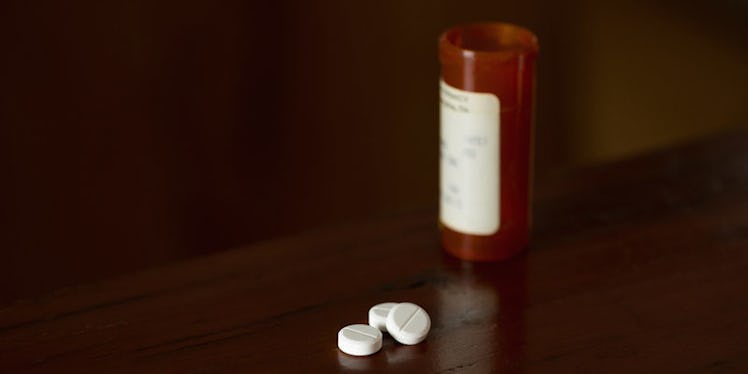
Why It's So Important The Government Is Taking On The Opioid Addiction Crisis
America is in trouble. While there are many issues lately that have gained quite a bit of media attention – such as racism, police brutality and terrorism – there are a few key concerns that don't get as much attention. Unfortunately, addiction to opioids is such a concern.
These are the reasons why it's so important that our government is taking on the opioid addiction crisis:
1. The Comprehensive Addiction And Recovery Act
On Wednesday, Congress signed the Comprehensive Addiction and Recovery Act into law, giving states much needed support to fight the opioid epidemic that is happening across the country. The bill authorizes $181 million in federal money in order to establish alternatives to jail for those with addiction.
It also increases each state's ability to obtain naloxone. Naloxone is capable of reversing an opioid overdose, and many police officers carry it in the event that they are called to respond to one. The bill also allows more health care providers to administer medical-assisted treatment for opioid addiction.
Previous federal laws stated that doctors could only treat 100 patients at a time.
2. Addiction doesn't just affect the addict.
So, why should we care about addicts? They got themselves into those messes, didn't they?
That is a prevailing (and unfortunately closed-minded) view of the addiction epidemic in the United States. The reality is, addiction has widespread impact across our country.
When someone is addicted to an opioid (or even another drug), it affects this person's family, friends and even neighborhood. Those with an addiction do things they normally wouldn't do – such as stealing – in order to support their habit.
These actions can tear once-close families and friends apart, and make it increasingly difficult for an addict to reintegrate into society once he or she becomes sober.
3. There are several social and economic impacts.
It goes without saying that as opioid addiction rates have increased in the United States, it has cost our country immensely to ignore the problem. One study from 2007 found that the total US societal costs of prescription opioid abuse were estimated at $55.7 billion in 2007. That number has assuredly grown in the past 10 or so years.
And to put that number into perspective, know that CARA only allotted $181 million to fight opioid abuse. Kind of seems like chump change now, doesn't it? This is especially true when an estimated 2.1 million people in the US suffer from opioid addiction.
4. It's a multi-headed monster.
To understand what caused this opiate addiction, it's necessary to understand what exactly an opiate is. If you're not familiar with it, it's essentially any drug that has both a morphine-like effect and is derived from opium.
You'll hear names of legal drugs – such as fentanyl, codeine and morphine – and illegal drugs – such as heroin and opium – in the news. So, what's caused this rise of addiction in the United States?
We can attribute this rise to a few factors, thanks to data released by a recent DEA report. The crackdown on prescription drugs such as Oxycodone – due to their high addiction rates – has made prescription opiates harder to obtain.
Meanwhile, illegal drugs such as heroin have been more readily available, thanks to suppliers from Mexico, Colombia and the Dominican Republic. If you combine this with the fact that heroin is decreasing in price and increasing in purity, you'll realize how this environment creates the perfect storm for drug addiction.
There are many factors to take into consideration while evaluating the causes of addiction, but what's important is the passage of CARA. In this way, those who are addicted get the help that they truly need.
What more can we do?
Addiction is a mental disorder that inhibits the brain's ability to reason correctly. It puts the addiction first and everything else second.
More than 210 million opiate prescriptions were filed in 2010, so this won't be the last you'll hear of our nation's struggle with opiate addiction. If you know someone who is addicted to an opiate – or know this person's family or friends – the best thing you can do is sit back and learn.
Don't judge, and remember: Everyone deserves a little love.